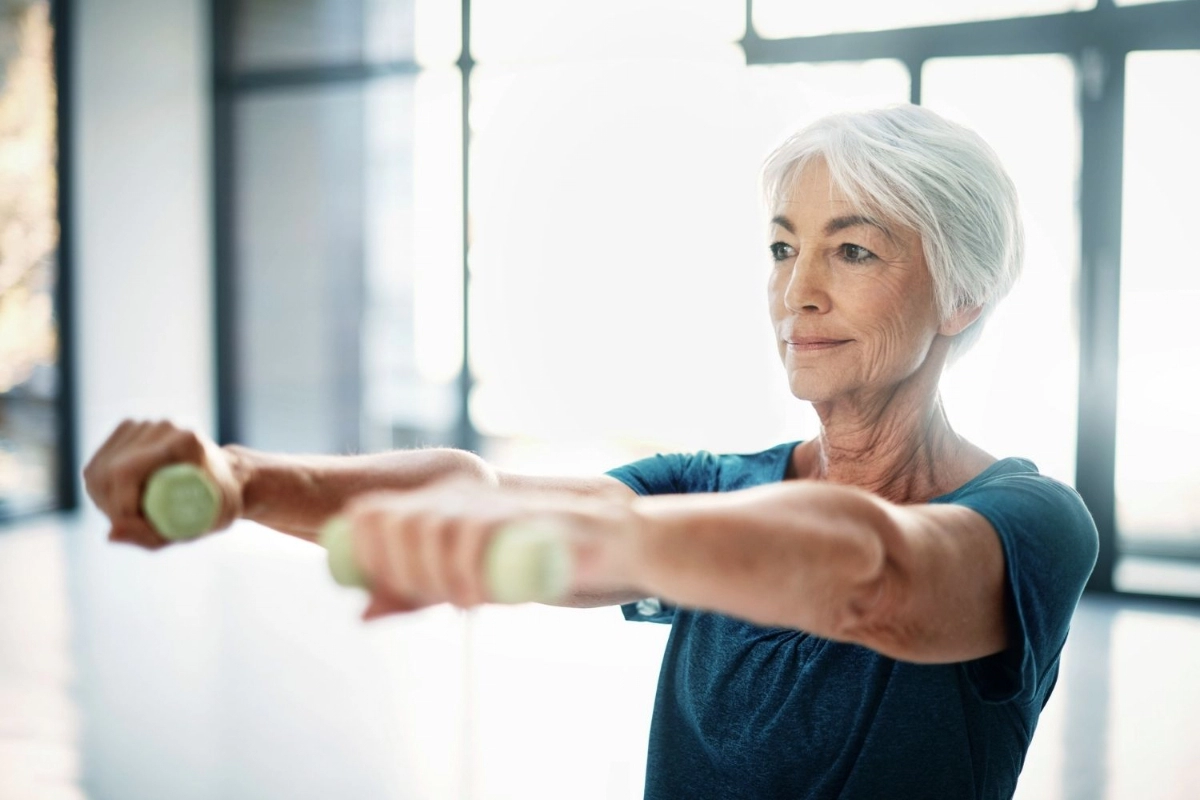Stroke risk: In the quest to understand what precipitates a stroke, a recent research study has yielded valuable insights. The study indicates that intense emotions or physical exertion in the hour preceding a stroke are common occurrences among survivors.
Emotional Turmoil Linked to Stroke Onset
In the crucial 60 minutes before a stroke, emotional upset or anger is frequently reported among those affected. This emotional distress is associated with all stroke categories, suggesting that emotional health can play a significant role in triggering this life-threatening condition.
Heavy Physical Exertion: A Silent Contributor to Stroke
Alongside emotional distress, intense physical activity was also identified as a contributing factor to strokes. It is associated with an increased likelihood of a specific type of stroke – intracerebral haemorrhage or bleeding in the brain tissue.
Understanding the Role of Heart Rate and Blood Pressure in Stroke Occurrence
The study’s authors believe that these stroke triggers may elevate heart rate, blood pressure, and prompt hormonal changes that disrupt blood flow in areas such as the brain, subsequently increasing stroke risk.
Also read: Sadhguru unlocks secrets to be happy: ‘You are inherently joyful if…’
Insights from Stroke Survivors
One out of eleven stroke survivors reported experiencing anger or upset in the hour leading up to the event. Likewise, heavy physical activity was reported by one in twenty patients prior to symptom onset, increasing the risk of intracerebral haemorrhage.
Managing Triggers: Prevention Strategies
Whilst regular exercise is essential for brain and cardiovascular health, it’s crucial to steer clear of extreme exertion. Emotional health also plays a pivotal role, and experts advise techniques like deep breathing exercises, meditation, and mindfulness to manage anger and emotional distress. The study serves as a reminder to manage risk factors within our control such as diet and hypertension.
In conclusion, this groundbreaking study has unveiled the potential influence of emotions and intense physical activity on stroke occurrence. While these findings do not apply to every individual, they do provide a critical piece of the puzzle in understanding and managing the triggers associated with this life-altering condition. As we advance our understanding of stroke risk, this knowledge could become a valuable tool in prevention and intervention strategies.
Keep watching our YouTube Channel ‘DNP INDIA’. Also, please subscribe and follow us on FACEBOOK, INSTAGRAM, and TWITTER
